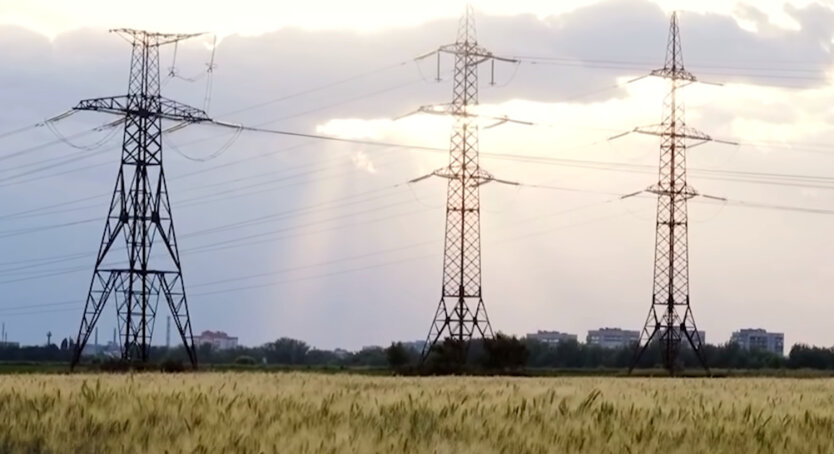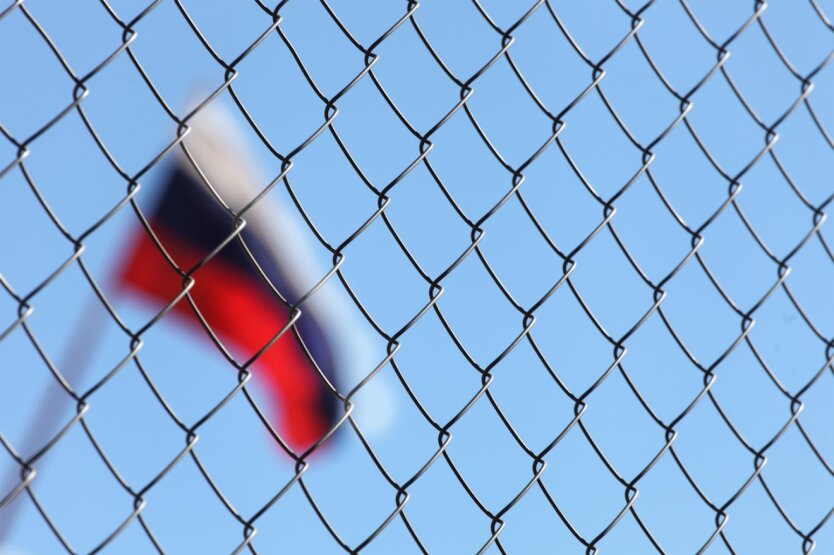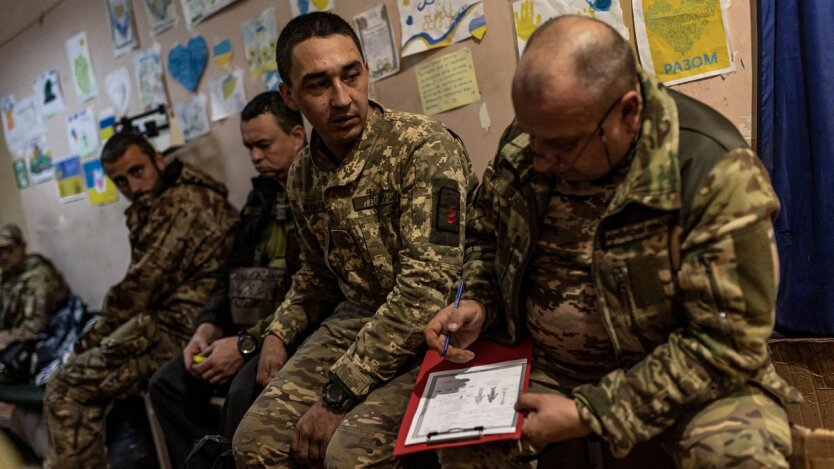UN forecasted the power outages awaiting Ukrainians in winter.


The UN Human Rights Monitoring Mission in Ukraine (HRMMU) released a report on the consequences of attacks on Ukraine's energy infrastructure. According to experts surveyed by HRMMU, due to the generation deficit in winter, power outages will last from 4 to 18 hours a day.
According to the report, from March to August 2024, the Russian Federation conducted nine waves of large-scale, complex, and coordinated attacks on critical power plants, substations, and power transmission systems across Ukraine. HRMMU recorded 36 shellings of power facilities, including 25 thermal power plants in nine regions and 7 hydroelectric power stations in five regions.
As of July 2024, according to power suppliers' estimates, Ukraine has lost about 9 gigawatts of production capacity solely due to this year's attacks, which is approximately half of the peak power consumption in winter 2023-2024.
The Ukrainian power transmission company announced in June that the population faces a tough winter with an electricity shortage of more than 30% due to a deficit of three to six gigawatts of power during peak hours.
The consequences of the attacks will significantly increase in winter when power consumption rises by 20-25% due to cold weather and shorter daylight hours. HRMMU emphasizes that the attacks have disproportionately affected vulnerable population groups such as the elderly, persons with disabilities, low-income families, and internally displaced persons.
The report recommends that the Russian Federation immediately cease attacks on the critical energy infrastructure essential to the civilian population of Ukraine.
Read also
- Sale of housing or cars: Ukrainians explained whether displaced persons will retain benefits
- The Party is Over: The Spectator Debunks the Myth of Putin's 'Economic Miracle'
- Ukrainians with a pension below 9 thousand can receive assistance: what documents are needed
- From 55 to 10 euros per hour: Eurostat shows the huge difference in salaries in EU countries
- Excluded - But Again on the Lists: Who Among Ukrainians Unexpectedly Became Subject to Military Duty and How to Check It
- General Hodges revealed what Trump's 'indifference' will mean for Kyiv










